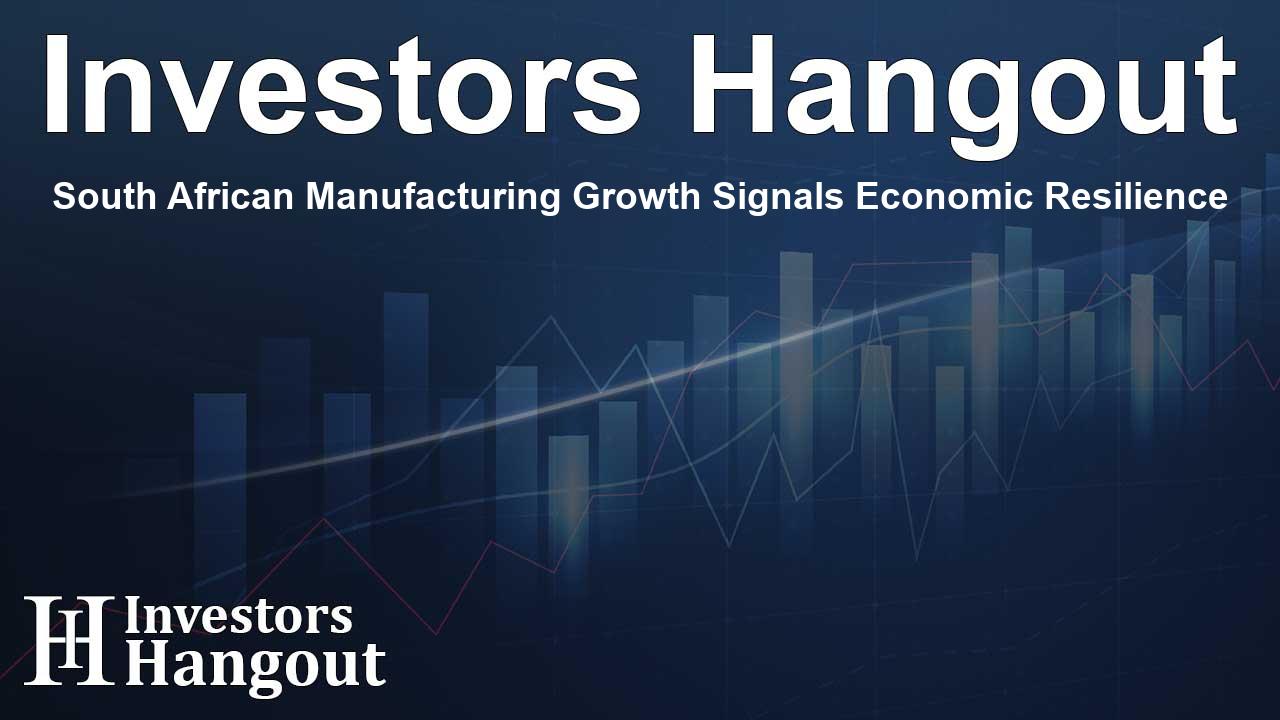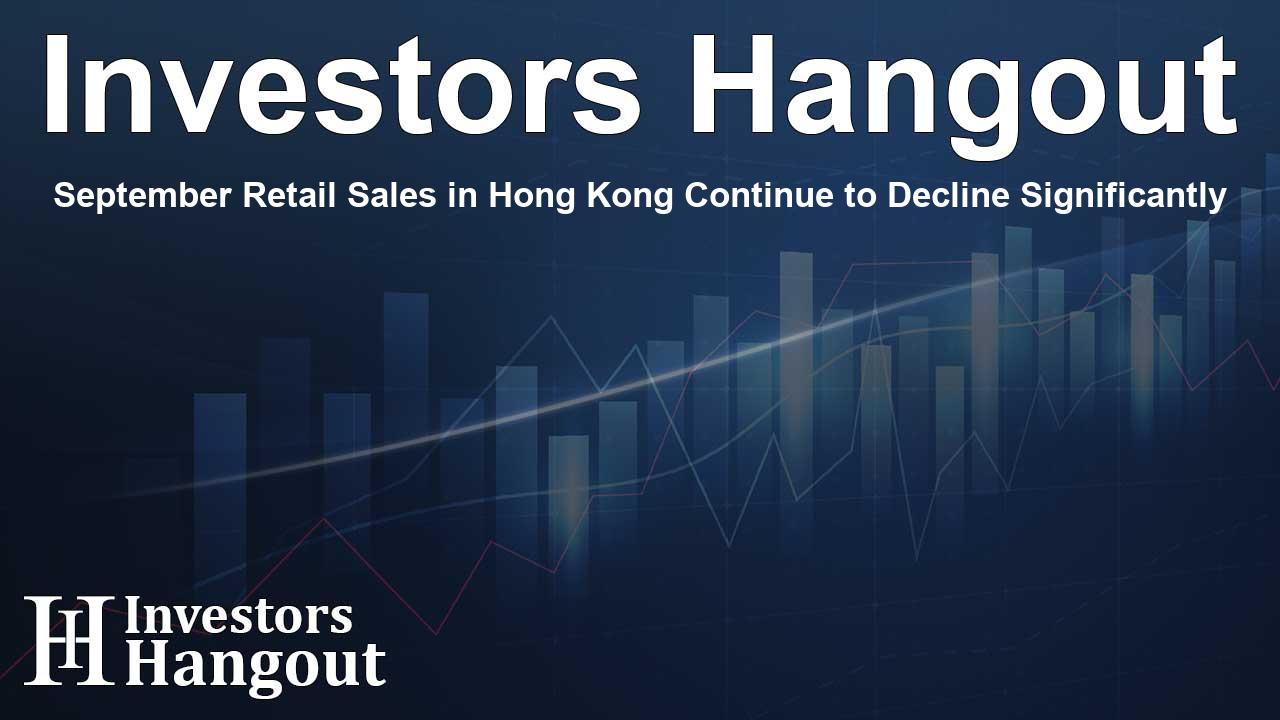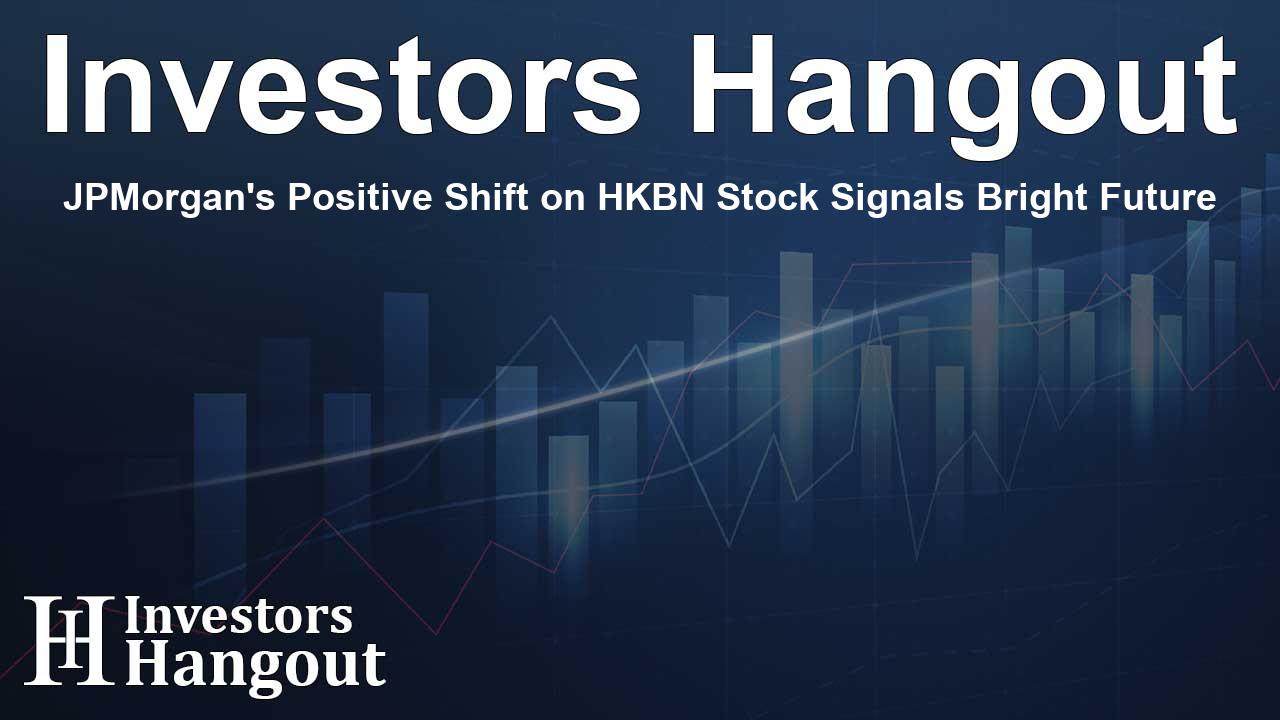Indonesia Prohibits Google Smartphone Sales Amid Local Rules

Indonesia Stops Sales of Google Smartphones Over Local Content Rules
Indonesia has recently taken a significant step by banning the sales of smartphones made by Alphabet's Google. This comes shortly after the country blocked the sales of Apple's iPhone 16, highlighting ongoing efforts to enforce regulations that mandate the use of locally manufactured components in tech products.
Reason Behind the Ban
The ban on Google Pixel phones stems from failure to comply with a local content rule that requires at least 40% of the components used in smartphones to be sourced domestically. This measure aims to promote local industry involvement and ensure benefits accrue to the national economy.
Statements from Local Officials
Febri Hendri Antoni Arief, spokesperson for the industry ministry, made it clear that adherence to local manufacturing standards is crucial for fairness among all businesses operating in Indonesia. He mentioned, “Google's products have not adhered to the scheme we set, so they can't be sold here.” Consumers still have the option to purchase Google Pixel devices from overseas, provided they fulfill the legal obligations regarding taxes. However, the government has hinted at taking action against phones sold in violation of these rules.
Following Apple's Lead
This recent move towards Google's smartphone sales came just days after Apple faced a similar fate with its iPhone 16, which also failed to meet the local content requirements. This indicates a broader trend where tech companies must adapt to specific local regulations to compete in the Indonesian market.
Adaptation Strategies by Companies
To comply with such regulations, tech companies typically seek to increase their procurement of domestic components by establishing partnerships with local suppliers. This shift not only aids compliance but also boosts the local economy and enhances the market presence of domestic businesses.
Market Position of Google and Apple
Despite their global standing, Google and Apple are not among the leading smartphone manufacturers in Indonesia. According to a recent report by research firm IDC, the top smartphone makers in the first quarter of 2024 were OPPO and Samsung, both of which have made significant strides in adapting to local market demands.
Impacts on the Tech Market
With a tech-savvy population and a growing digital economy, Indonesia represents a vital market for technology companies. However, analysts caution that such regulatory actions may create an unwelcoming atmosphere for foreign investments. Bhima Yudhistira from the Center of Economic and Law Studies refers to the situation as “pseudo” protectionism, expressing concerns that it could undermine consumer choices and diminish investor confidence in the region.
Investor Sentiment
The sentiment among investors is crucial for the tech industry in Indonesia. Decisions like these can lead to hesitation from potential foreign investors, who may view the regulatory environment as unfavorable. Yudhistira’s remarks suggest that apprehension regarding market entry is now a prevailing concern among international entities eyeing opportunities in Indonesia.
Conclusion
As Indonesia continues to navigate its approach to local component requirements, the balance between fostering local industry and encouraging foreign investment remains a critical challenge. The implications of these bans on Google and Apple could ripple through the market, prompting necessary adjustments from tech giants eager to secure a stake in this vibrant economy.
Frequently Asked Questions
What rules led to the ban of Google smartphones in Indonesia?
The ban was implemented because Google failed to meet the local content requirement, which mandates that a certain percentage of smartphone components must be produced domestically.
How did the ban on Google smartphones relate to Apple?
The sales ban on Google smartphones occurred shortly after a similar prohibition was placed on Apple’s iPhone 16 for not adhering to the same local content regulations.
What does the term 'pseudo protectionism' refer to in this context?
This term, used by analysts, suggests that the regulations may be protecting local industries but could simultaneously harm consumer choices and deter foreign investment.
Which companies currently lead the smartphone market in Indonesia?
According to recent research, OPPO and Samsung hold the top positions in the Indonesian smartphone market in 2024.
What impact might these bans have on foreign investment in Indonesia?
These bans could create a negative perception among foreign investors, potentially leading to decreased interest in entering the Indonesian market due to regulatory uncertainties.
About Investors Hangout
Investors Hangout is a leading online stock forum for financial discussion and learning, offering a wide range of free tools and resources. It draws in traders of all levels, who exchange market knowledge, investigate trading tactics, and keep an eye on industry developments in real time. Featuring financial articles, stock message boards, quotes, charts, company profiles, and live news updates. Through cooperative learning and a wealth of informational resources, it helps users from novices creating their first portfolios to experts honing their techniques. Join Investors Hangout today: https://investorshangout.com/
Disclaimer: The content of this article is solely for general informational purposes only; it does not represent legal, financial, or investment advice. Investors Hangout does not offer financial advice; the author is not a licensed financial advisor. Consult a qualified advisor before making any financial or investment decisions based on this article. The author's interpretation of publicly available data shapes the opinions presented here; as a result, they should not be taken as advice to purchase, sell, or hold any securities mentioned or any other investments. The author does not guarantee the accuracy, completeness, or timeliness of any material, providing it "as is." Information and market conditions may change; past performance is not indicative of future outcomes. If any of the material offered here is inaccurate, please contact us for corrections.








